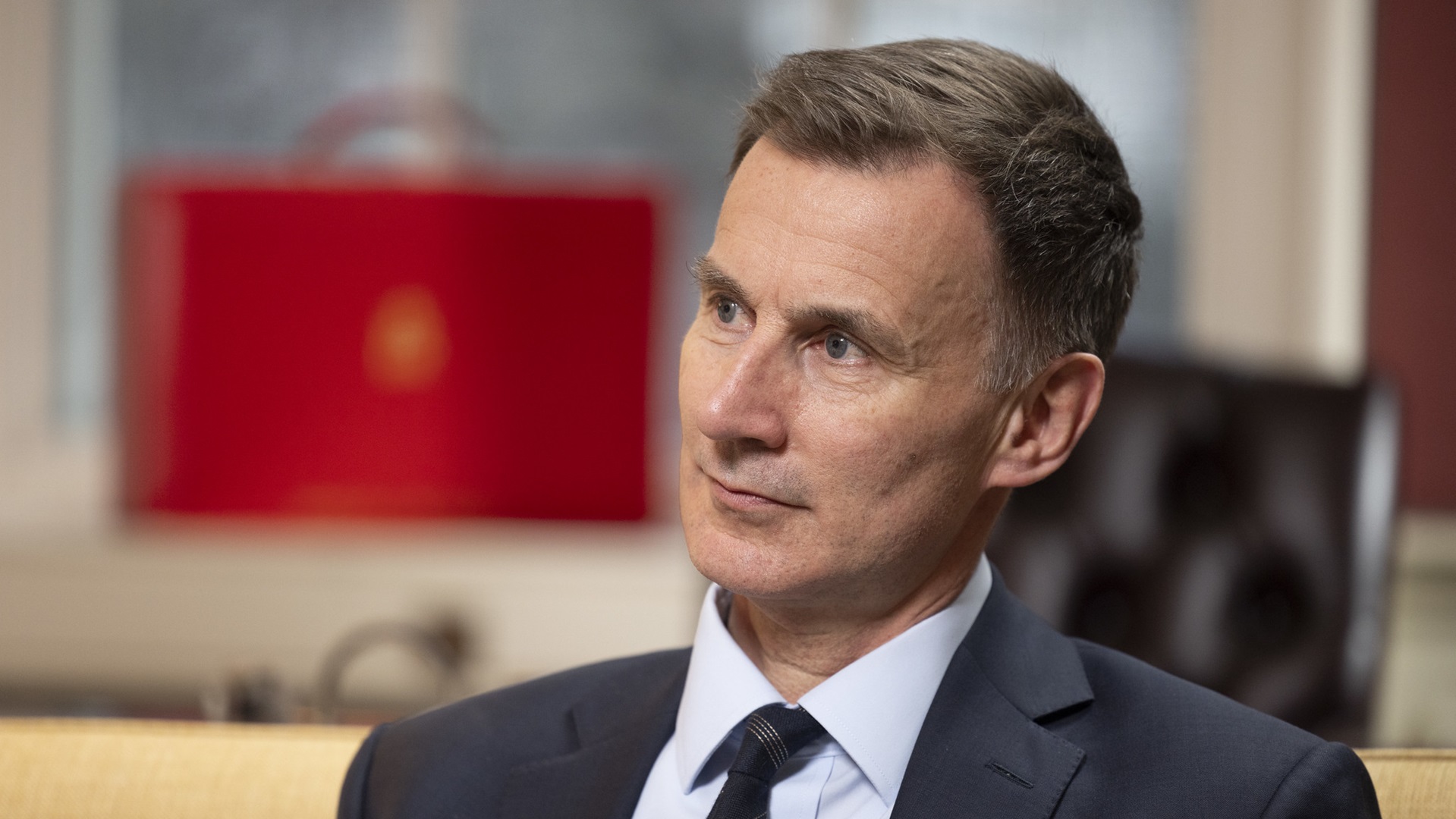“The small boost to UK output shown in today’s GDP release is a poor consolation for years of stagnant pay and sluggish productivity growth” said Dibb, the think tank’s associate director for economic policy.
“This isn’t a thriving economy – our growth is still bouncing around zero. It’s time for policymakers to get on the front foot and focus on the underlying drivers of the economy. This means investment, investment, investment.
“With high interest rates, rising housing costs and low investment, the Treasury and the Bank of England need to act quickly to revive the British economy.”
The future direction over the economy is likely to be a key battleground in this year’s general election – a YouGov poll from earlier this month found the state of the economy was the top issue for the voters the polling company quizzed.
With a cost of living crisis following the impact of the pandemic on the economy, inflation surged after Liz Truss and Kwasi Kwarteng’s disastrous mini-Budget.
Inflation has fallen in recent months as the Bank of England has raised interest rates but chancellor Jeremy Hunt warned economic growth will still be hit until the inflation falls to the target of 2%.
Advertising helps fund Big Issue’s mission to end poverty
“While growth in November is welcome news, it will be slower as we bring inflation back to its 2% target,” said Hunt.
“But we have seen that advanced economies with lower taxes have grown more rapidly, so our tax cuts for businesses and workers put the UK in a strong position for growth into the future.”
But Rachel Reeves, Labour’s shadow chancellor, blamed the government for low growth.
“The Conservatives have presided over 14 years of economic failure that has left working people worse off,” said Reeves.
“A decade of low economic growth has left Britain with the highest tax burden in 70 years, with families set to be £1,200 a year worse off under the Tories’ tax plans.
“It’s time for change. Rishi Sunak should call an election and give the people the chance to vote for a Labour government that will get Britain’s future back.”
Advertising helps fund Big Issue’s mission to end poverty
November saw a 0.3% rise in production output following a fall of 1.3% in October – a month hit by strikes and heavy rain.
The construction sector fell by 0.2% after a fall of 0.4% in the previous month.
Unite general secretary Sharon Graham echoed IPPR’s calls for investment in workers to boost economic growth.
“Today’s figures only confirm what workers see and hear every single day. Our economy needs intensive care as the result of low investment, crumbling infrastructure and a cost-of-living crisis which makes daily life unaffordable,” said Graham.
“This is a result of choices made by our politicians over many years. It’s time we invested to improve the economy for the benefit of all.”
Do you have a story to tell or opinions to share about this? We want to hear from you. Get in touch and tell us more.
Advertising helps fund Big Issue’s mission to end poverty









